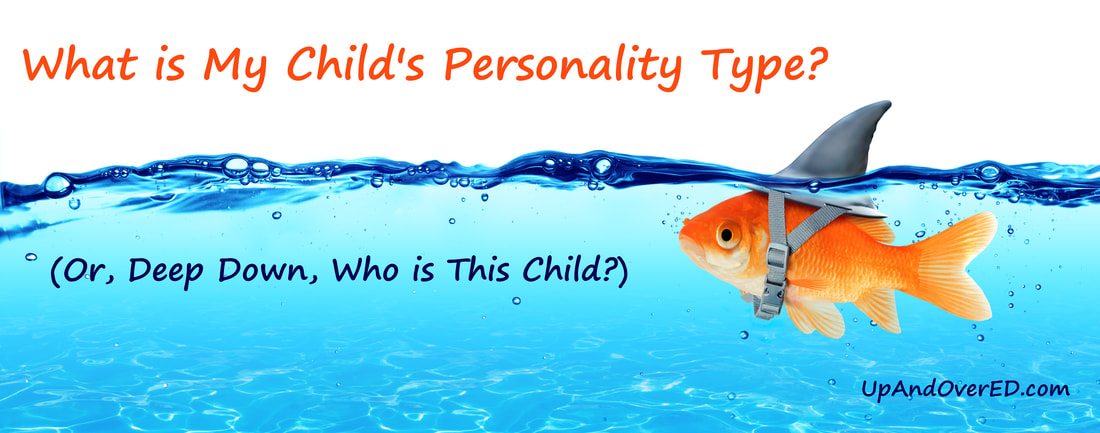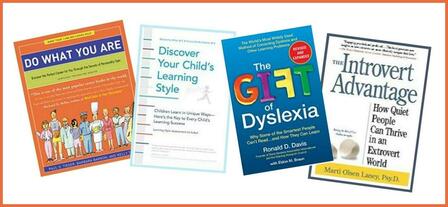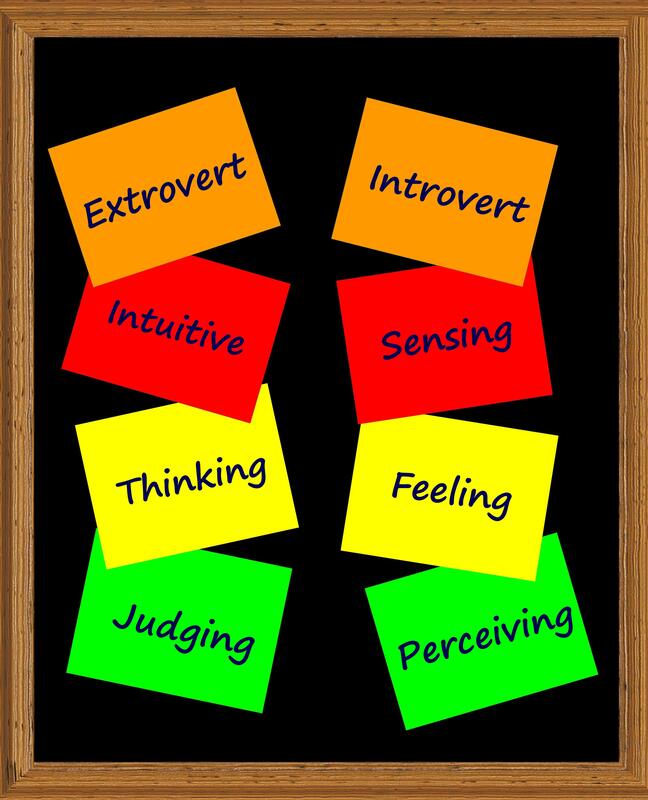When my three kids were younger, we enjoyed doing personality and gifting tests to see if the tests matched what we knew about ourselves and each other. When we would go over the test results, we would usually say to each other, “OH! That makes sense. That’s why you do the things you do.” Knowing our personality types has allowed us to have a greater understanding of ourselves and our family members as we offer grace and acceptance when we differ in our thoughts and actions.
We read aloud to our kids in the evening even when they were in their teens because we wanted our family to be able to discuss the information we were learning while we were learning it. When it comes to understanding family members, one of the best books we read out loud to our kids was, The Gift of Dyslexia by Ronald D. Davis. Our middle child was dyslexic, and it bothered him that that he was such a late reader that his younger sister learned to read before he did. He considered his learning disabilities to be a disadvantage until we read The Gift of Dyslexia. When we finished the book, my dyslexic child’s siblings exclaimed, “That is so cool how you see the world!” They learned that those with dyslexia think and perceive multidimensionally, think in pictures instead of words and can utilize the brain’s ability to alter and create new perceptions.
We read aloud to our kids in the evening even when they were in their teens because we wanted our family to be able to discuss the information we were learning while we were learning it. When it comes to understanding family members, one of the best books we read out loud to our kids was, The Gift of Dyslexia by Ronald D. Davis. Our middle child was dyslexic, and it bothered him that that he was such a late reader that his younger sister learned to read before he did. He considered his learning disabilities to be a disadvantage until we read The Gift of Dyslexia. When we finished the book, my dyslexic child’s siblings exclaimed, “That is so cool how you see the world!” They learned that those with dyslexia think and perceive multidimensionally, think in pictures instead of words and can utilize the brain’s ability to alter and create new perceptions.
| While one child was dyslexic, another one was introverted. A book that helped us all understand her better was The Introvert Advantage by Marti Olsen Laney. Reading that book allowed my introverted daughter to feel that she could accept herself and be grateful for her particular strengths and not feel like |
she had to act like the … well… the MUCH louder extroverted members of our family (of which I am one).
There are many books that can help us understand ourselves and others. Two of the first books we used when the kids were pretty young were Discover Your Child’s Learning Style by M. Willis and V.K. Hodson and Discover Your God Given Gifts by Don and Katie Fortune. Both of these books contain questionnaire-type tests that allowed us to learn even more about our natural abilities and learning styles.
There are many books that can help us understand ourselves and others. Two of the first books we used when the kids were pretty young were Discover Your Child’s Learning Style by M. Willis and V.K. Hodson and Discover Your God Given Gifts by Don and Katie Fortune. Both of these books contain questionnaire-type tests that allowed us to learn even more about our natural abilities and learning styles.
One test that our whole family took and one and that I recommend to the students who are doing career counseling with me is the Myers Briggs test. There are several free test options online, but the one I use is called 16 Personalities. The test asks questions that help individuals determine if they are:
1. Extroverted (Get energy from outside themselves) or Introverted (Energized by being alone)
2. Intuitive (Deal with ideas and live in future) or Sensing (Deal with facts and live in the now.)
3. Thinking (Follow their minds, facts and logic) or Feeling (Follow their hearts, feelings and impact on others.)
4. Judging (Decisive, attending to details, task oriented) or Perceiving (Relaxed, prefer freedom and flexibility)
1. Extroverted (Get energy from outside themselves) or Introverted (Energized by being alone)
2. Intuitive (Deal with ideas and live in future) or Sensing (Deal with facts and live in the now.)
3. Thinking (Follow their minds, facts and logic) or Feeling (Follow their hearts, feelings and impact on others.)
4. Judging (Decisive, attending to details, task oriented) or Perceiving (Relaxed, prefer freedom and flexibility)
| The test results will link to job options and other useful information that fit the given personality type. A book that goes along with Myers Briggs personality types is Do What You Are by P.D Tiger. Isabel Briggs Myers once said, “We cannot safely assume that other people's minds work on the same principles as our own. All too often, others with whom we come in contact do not reason as we reason, or do not value the things we value, or are not interested in what interests us.” This quote is especially important for the children in our society. Kids spend many hours and numerous years in school. For parents |
whose children are in a school setting, knowing your child’s personality type can help you assist them in navigating the daily challenges of being in a situation that may not fit their personality type. According to Penelope Trunk, nearly all colleges and Fortune 500 companies use the



 RSS Feed
RSS Feed
